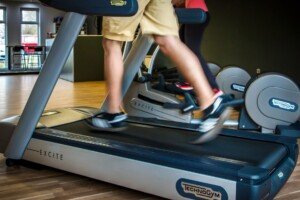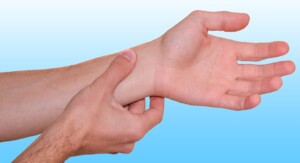It’s well-known that athletes and those who exercise usually have low resting heart rates.
But does a low resting pulse in those who never exercise mean a heart problem?
“A low resting heart rate (in the 60s and 70s) is actually relatively normal,” says Susan L. Besser, MD, with Mercy Medical Center, Baltimore; Diplomate, American Board of Obesity Medicine and board certified by the American Board of Family Medicine.
In fact, 60 to 100 is considered normal. If you get your heart rate checked at the doctor’s office, and it’s in this range, it will not be documented as abnormal. Instead, it’ll simply be noted, just like other vitals such as height and weight.
Nevertheless, it can be quite surprising to an individual who never exercises when their heart rate at rest is between 60 and 70, since they may know athletes and gym rats with resting heart rates in the 80s.
“The real concern is if the heart rate doesn’t increase with exercise – then, there is a conduction issue (the electrical impulse triggering the heart to pump),” explains Dr. Besser.
“As long as the person feels fine at rest (not dizzy or short of breath), there is nothing to worry about.
“Lastly, some athletes have such strong hearts their resting heart rate is slow because their hearts are extra efficient and it doesn’t take their hearts as much work to move the blood around at rest.”
Warning
If you never exercise, do NOT assume that you’re automatically physically fit just because your resting pulse is on the low range of normal.
A pulse of, say, 65 at rest does not mean you don’t need to do structured aerobic activity.
Every body needs to exercise.

Case in point: My mother, as an elderly individual who was not regularly exercising, had a resting pulse in the 60s (she’d routinely take her blood pressure at home, and the device also recorded heart rate).
Yet the time eventually came for her to undergo quintuple bypass surgery!
So don’t get smug if you have a pulse in the 60s. Also, in case you’re wondering, exercise will not bring it down to a dangerously slow level.




























